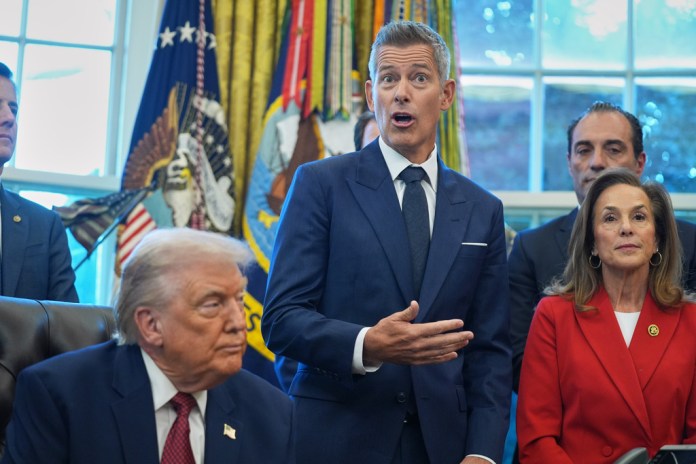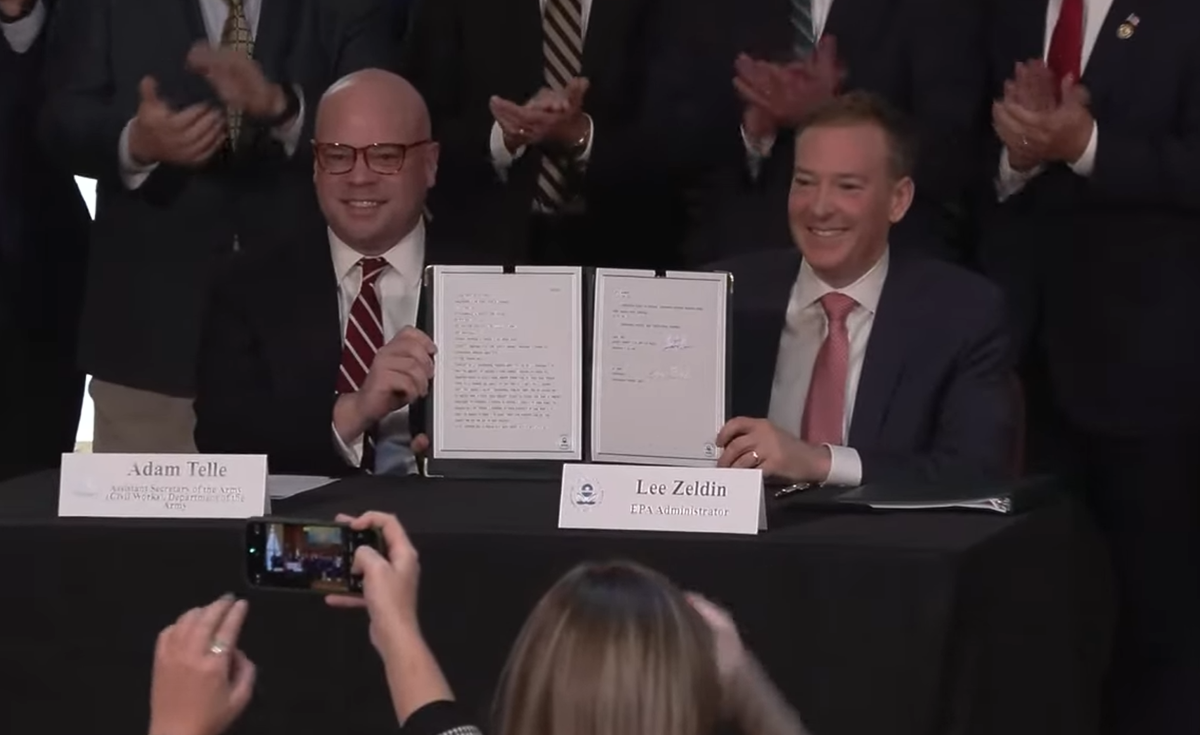The Goal of ‘Animal Methane Regulations’ Is Controlling You, Not Saving the Planet
the article discusses recent media coverage regarding methane emissions from livestock,particularly cattle,emphasizing the heightened attention on this issue in relation to climate change. It references DenmarkS tax on agricultural methane emissions and the controversy surrounding the use of a methane-inhibiting additive in cattle feed. While highlighting concerns from consumers regarding the safety of such additives, the piece argues that the portrayal of livestock methane as a significant contributor to climate change is exaggerated.
The author contends that, despite methane’s potency as a greenhouse gas, its role in atmospheric heat absorption is minimal due to its short lifespan and overlapping effects wiht water vapor, which is the most prevalent greenhouse gas.Contradictory to popular belief, data shows that beef production accounts for onyl 2% of U.S.greenhouse gas emissions, with crop production contributing more substantially at 10.2%. Research indicates that existing studies may overstress the impact of livestock, with some suggesting that livestock emissions might be overestimated by as much as three to four times.
The article critiques the push for reduced meat consumption as a measure to combat climate change, suggesting it may actually serve to increase government control over individual choices rather than genuinely addressing environmental concerns. It posits that regulations targeting methane and carbon dioxide may primarily benefit elite groups by exerting more control over the populace’s dietary choices. The piece concludes with a suggestion that while the wealthy continue to consume meat, lower classes may be pushed towards less desirable dietary options.
There has been a blitz of media stories in recent weeks about methane from cows and other livestock, hitting the supposed issue from multiple angles.
First, there was an unprecedented tax in Denmark levied against agricultural emissions of methane, particularly from cattle. Then, we had the Bovaer controversy, where a methane-inhibiting additive is mixed with cattle feed.
The company, Arla, has insisted that it is safe for cows and humans, but skeptical consumers are boycotting milk products from Arla (which produces dairy products in the U.K. and Scandinavia) over the uncertainty.
Most recently, a Vox article covered research efforts by scientists in Columbia to measure the amount of methane different farm animals produce in their burps and gas, depending on what kind of forage they consume.
The problem, of course, is that this maniacal focus on livestock methane is totally unnecessary.
Methane is an issue for the media and government because of the usual boogeyman: climate change. They claim that the burps and flatulence of ruminant animals are major contributors to climate change, because methane is a more potent greenhouse gas than carbon dioxide.
Whether most methane emissions are due to human activities or to other natural sources is a cause of much scientific discussion and research.
Regardless, contrary to the impression given by the mainstream media, methane actually plays a very minor role in the atmosphere when it comes to heat absorption, which most scientists are well aware of but seem to be coy about admitting.
Why? Methane has a relatively short lifespan in the atmosphere, and its absorption bands occur at the same wavelengths that the most powerful and abundant greenhouse gas, water vapor, already covers. Despite claims by government sources, this fact makes it debatable whether methane is a significant contributor to climate change.
As importantly, looking at greenhouse gas emissions in general, data show beef production only represents 2 percent of all U.S. greenhouse gas emissions. Crop production, the U.S. Environmental Protection Agency estimates, is responsible for 10.2 percent of U.S. emissions.
Research from Dr. Habil Wilhelm Windisch of the Technical University of Munich in 2021 confirms EPA’s data. He found that much research exaggerates livestock’s contributions to emissions by a factor of three or four at minimum. Windisch’s research suggests the contribution is closer to 5 percent.
So, what is the point, exactly?
The drumbeat is constant that we need to reduce our meat consumption to save the planet. If the data referenced above is correct, then it is a wasted effort, which I am convinced many in the government and scientific establishment already know.
If that is true, then the real aim of the taxes and incentives for farmers to produce less meat has very little to do with stopping global warming. Instead, it is very likely just another effort to exercise control over the average person’s life choices.
Red meat is something that was not always readily available to lower classes for most of history, and even today it is not affordable or easily attainable in many Third-World countries.
It’s probably not about the red meat itself, but rather the mechanisms needed to be employed to stifle meat consumption, like massive taxes and the close monitoring of farmers.
The ultimate goal is the expansion of government power. Methane and carbon dioxide are produced by almost all human activities, so they are the perfect targets for regulation and an excuse for corrupt governments, corporations, banks and other wealthy elites to exert even more control over people’s lives, even down to the food people are allowed to eat.
While the elite dine on prime rib and steak tartare, to the poor and middle classes, whom they believe to be unworthy and unenlightened, they say, “Let them eat bugs and soy!”
Linnea Lueken ([email protected], X: @LinneaLueken) is a research fellow with the Arthur B. Robinson Center on Climate and Environmental Policy at The Heartland Institute.
The views expressed in this opinion article are those of their author and are not necessarily either d or endorsed by the owners of this website. If you are interested in contributing an Op-Ed to The Western Journal, you can learn about our submission guidelines and process here.
Advertise with The Western Journal and reach millions of highly engaged readers, while supporting our work. Advertise Today.
" Conservative News Daily does not always share or support the views and opinions expressed here; they are just those of the writer."




